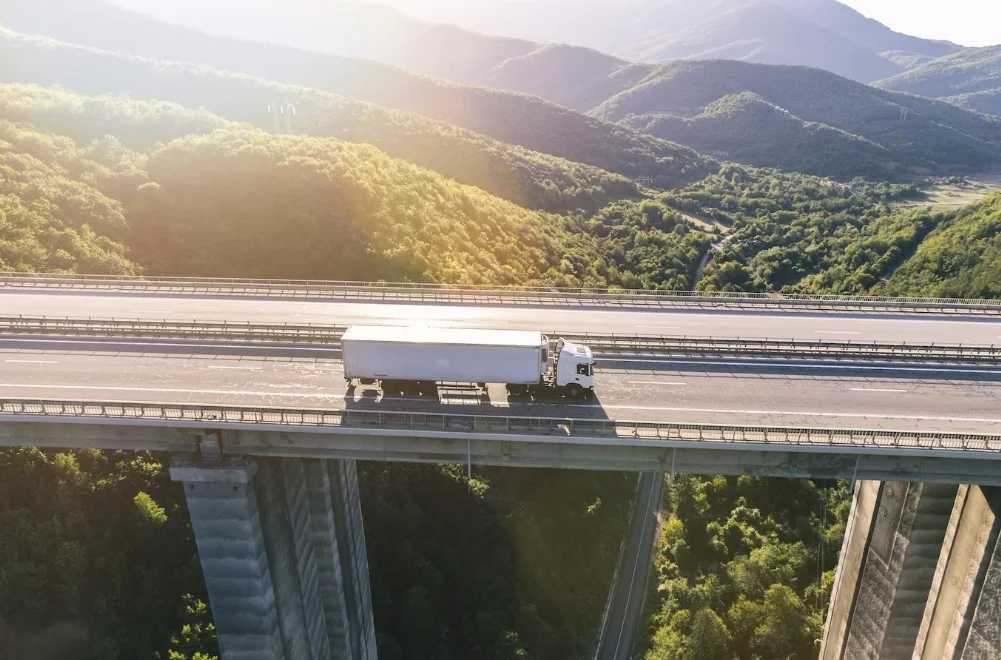
Real-Time Route Optimization for Construction Logistics
MCCM Innovations
AI Consultancy Team
22%
Fuel/Subcontractor Cost Reduction
95%
On-Time Delivery Rate
<20s
Dynamic Re-routing Time
Real-Time Route Optimization for Construction Logistics
In the construction industry, logistics is often the hidden engine behind on-time delivery and project success. Our client, a large construction group managing hundreds of truck deliveries per day, needed a smart system to manage both their own and third-party fleet.
The Challenge
The client struggled with:
- Manual route planning for dozens of daily deliveries
- Unreliable schedules due to traffic, delays, or truck breakdowns
- Difficulty prioritizing internal vs. subcontracted trucks
- No real-time visibility or dynamic reallocation capability
Our Approach
We built and deployed a real-time, constraint-aware route optimization engine:
-
Demand Aggregation
- Combined planned construction site deliveries with last-minute requests
- Prioritized deliveries based on construction stage and site urgency
-
Dynamic Routing Engine
- Used OR-Tools and a custom constraint solver to calculate optimal routes across the fleet
- Considered truck type, subcontractor constraints, site time windows, and service level agreements
-
Live Status Monitoring
- Integrated with GPS trackers and incident reporting (breakdowns, delays)
- Triggered automatic re-routing in seconds if a truck was reported out of service or delayed
-
Control Dashboard
- Provided dispatchers with a live view of routes, truck status, ETAs, and alerts
- Allowed for manual overrides with AI-suggested alternatives
Results and Impact
- 22% reduction in fuel and subcontractor costs
- 95% delivery punctuality, even in dynamic disruption scenarios
- Real-time re-routing in <20 seconds upon incident detection
- Enhanced visibility and reduced dispatcher workload
Key Learnings
- Real-time routing requires both robust optimization and fast data integration
- Subcontractor variability must be modeled explicitly for realistic planning
- Dispatcher trust increased when the system offered explanations behind decisions
Looking Forward
The solution is being extended to include CO₂ footprint tracking and predictive maintenance alerts based on truck telemetry.
Smart logistics is not just about shorter routes — it's about resilient, data-driven planning that adapts instantly when reality changes.
